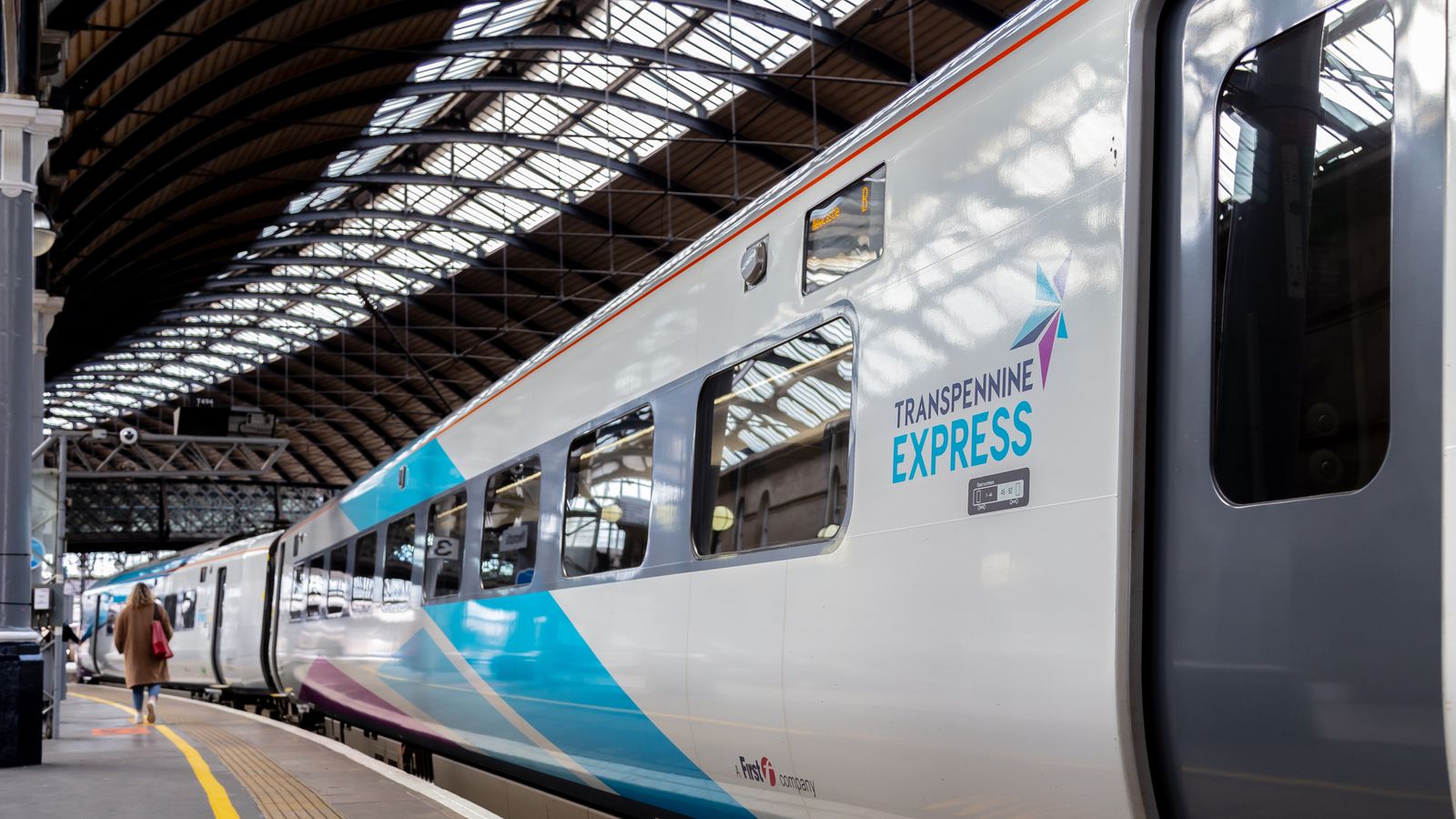Train drivers at five companies have voted to continue taking strike action for six months, union ASLEF has said.
The firms affected are Chiltern, c2c, East Midlands, Northern and TransPennine railways.
Unions have to re-ballot members every six months to see if they want to continue industrial action.
Striking drivers caused disruption to many services in December – and now more strike days are likely to be set.
ASLEF boss Mick Whelan said it was a “clear rejection” of the “ridiculous offer put to us in April last year”.
Rail minister Huw Merriman has said the “fair and reasonable” offer would increase the average driver’s salary from £60,000 to £65,000 for a 35-hour, four-day week.
The government wants the union to ask members to vote on the offer, but ASLEF said drivers wouldn’t choose more strikes if they thought it was a good deal.
Rail strikes: LNER train drivers to walk out for five extra days in February
Rail strikes: Week of travel disruption begins as train drivers strike
RMT: Rail workers accept deal to end their long-running dispute over pay and conditions
Mr Whelan said drivers hadn’t had a pay rise for nearly five years and that he remained open to discussing a new offer with the transport secretary or rail minister.
“We want to find a resolution to this dispute, for members who have not had a pay rise since our last deals ran out in 2019,” he said.
“And the only way to resolve this dispute is for the employers, and the government that stands behind them, to come and talk to us.”
More than 90% of votes at the five rail companies were in support of continuing the strikes, said ASLEF, on a turnout of at least 70%.
Rail strikes by workers in the RMT union were paused in November after members voted to accept a deal.







